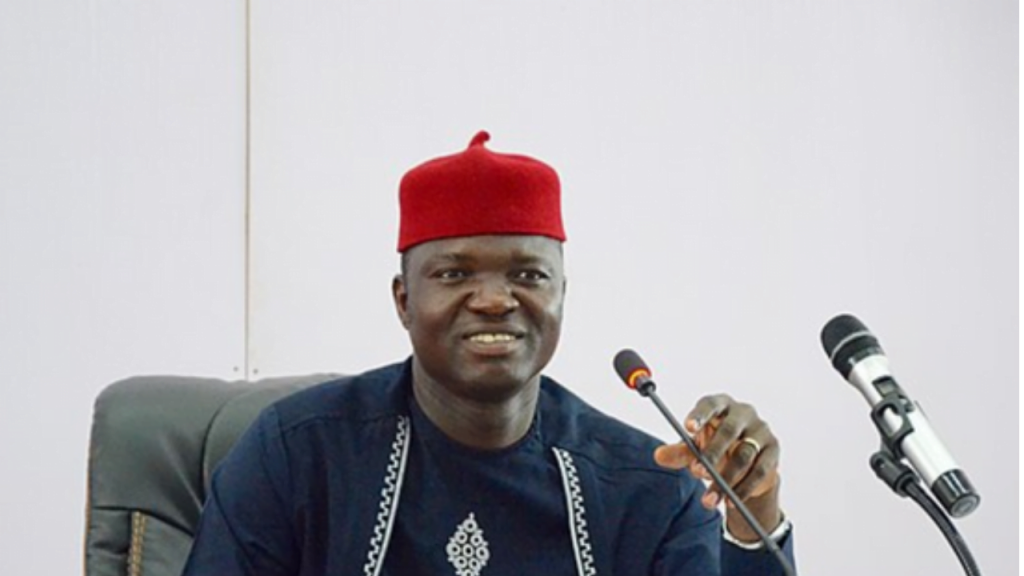Ebonyi State Governor Francis Nwifuru has announced a limited reorganization of his cabinet, reassigning four commissioners while issuing strict performance warnings to two others as part of efforts to advance his administration’s policy agenda. The changes, revealed during a Tuesday press briefing by newly appointed Information Commissioner Chief Ikeuwa Omebe, underscore the governor’s push to align governance with the state’s “People’s Charter of Needs” development framework.
Two cabinet members face heightened scrutiny: Environment Commissioner Victor Chukwu and Tertiary Education Commissioner Amari Omaka were given three months to demonstrate measurable improvements or risk dismissal. Governor Nwifuru emphasized accountability during the Executive Council meeting in Abakaliki, urging appointees to recommit to addressing citizens’ needs.
The reshuffle sees strategic role changes among senior officials. Engineer Jude Chikadibia Okpor transitions from Information Commissioner to Rural Development, swapping portfolios with Chief Ikeuwa Omebe. Professor Paul Awo Nwobasi moves from Primary and Secondary Education to Border Peace and Conflict Resolution, while Donatus Ilang assumes oversight of the education portfolio previously managed by Nwobasi. These shifts aim to optimize administrative efficiency in key sectors.
Concurrently, the council approved plans to install dedicated power plants targeting industrial growth. A pilot three-megawatt electricity project will launch at ICT University in Oferekpe, Agbaja, designed to provide round-the-clock power to public and private enterprises. This initiative forms part of broader strategies to attract investment and stimulate job creation in southeastern Nigeria’s agricultural and tech sectors.
Further reinforcing economic planning, a 15-member Economic Advisory Committee was established under the leadership of Prof. Barth Nnaji, former Federal Minister of Power, with economist Ben Odoh as secretary. The group will counsel the administration on development priorities and resource management – a move analysts view as crucial for Ebonyi’s industrialization ambitions.
Governor Nwifuru’s dual focus on governance restructuring and infrastructure development reflects regional trends where Nigerian states increasingly pursue self-driven solutions amid national challenges like inconsistent power supply. The emphasis on ministerial performance metrics, particularly in education and environmental management, aligns with growing public demands for transparency and service delivery across West Africa’s governance structures.
As the three-month evaluation period for flagged commissioners begins, observers note the reshuffle’s potential to recalibrate policy implementation ahead of Nigeria’s broader electoral cycle. The administration’s success in balancing bureaucratic reforms with tangible energy and economic projects may serve as a litmus test for subnational governance models in developing economies.
